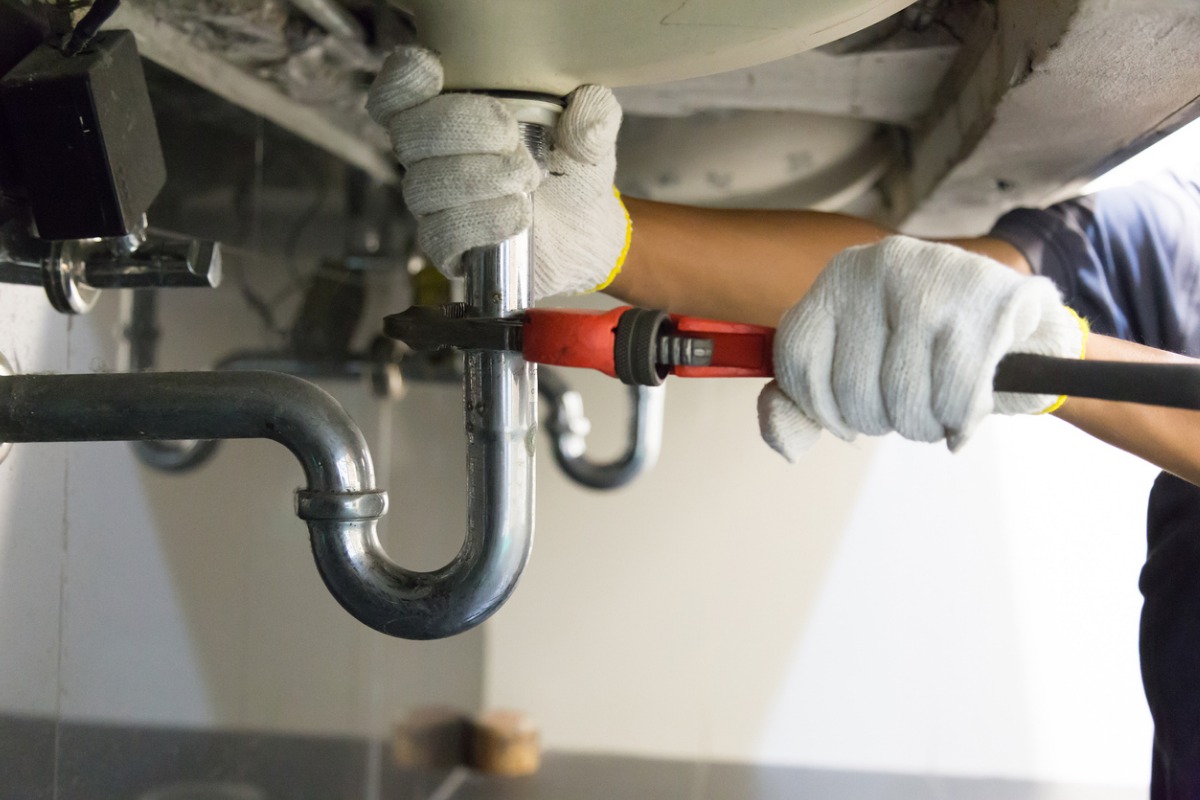

Articles
How Do I Get Into Plumbing
Modified: October 20, 2024
Discover expert articles and tips on how to get into plumbing and start a rewarding career. Learn the essential skills and knowledge needed for success in the plumbing industry.
(Many of the links in this article redirect to a specific reviewed product. Your purchase of these products through affiliate links helps to generate commission for Storables.com, at no extra cost. Learn more)
Introduction
Welcome to the world of plumbing! Whether you’re considering a career change or simply curious about how to get into the plumbing industry, this article will guide you through the steps to embark on this rewarding profession. Plumbing is an essential trade that involves the installation, repair, and maintenance of plumbing systems that provide water and sanitation in buildings. From residential homes to large-scale commercial projects, plumbers play a crucial role in ensuring the efficient flow of water and proper functioning of drainage systems.
In order to become a successful plumber, it’s important to have the right combination of knowledge, skills, and experience. This article will provide you with an overview of the path to becoming a plumber, including the research and education required, building your skills, getting licensed and certified, gaining practical experience, finding employment opportunities, and even establishing your own plumbing business. So, let’s dive into the world of plumbing and explore how to make your mark in this dynamic industry.
Key Takeaways:
- The path to becoming a successful plumber involves thorough research, practical experience, and obtaining the necessary licenses and certifications. Embrace opportunities for growth and learning to excel in this dynamic industry.
- Whether seeking employment or establishing your own plumbing business, focus on networking, continuous skill improvement, and exceptional customer service. With dedication and adaptability, you can make a positive impact in the plumbing industry.
Research and Education
Before diving into the world of plumbing, it’s essential to conduct thorough research to gain a clear understanding of the industry and its requirements. Start by exploring the different types of plumbing jobs available, such as residential, commercial, or industrial plumbing. This will help you determine the specific area you wish to specialize in.
Next, research the educational requirements for becoming a plumber in your area. While some plumbing apprenticeships may only require a high school diploma or equivalent, others may prefer candidates who have completed vocational or technical training programs in plumbing. These programs provide a comprehensive foundation in plumbing principles, tools, and techniques, giving you a head start in your career.
Consider reaching out to plumbing trade schools or community colleges in your area to gather more information about their plumbing programs. Look for institutions that are accredited and have a good reputation in the industry. Take the time to attend information sessions or open houses to get a feel for the program and its instructors.
Furthermore, it’s a good idea to connect with professionals in the plumbing industry. Reach out to local plumbing associations or attend industry events and trade shows. By networking with experienced plumbers, you can gain valuable insights into the profession, hear about their career journeys, and potentially find mentors who can guide you along the way.
Lastly, it’s important to familiarize yourself with the codes and regulations governing plumbing in your area. Plumbing work is regulated to ensure safety and compliance with building codes. Being knowledgeable about these regulations will not only help you perform your job better but also ensure that your work adheres to the necessary standards.
By investing time in research and education, you’ll be equipped with the foundational knowledge and understanding needed to excel in the plumbing industry. So, embrace the opportunity to learn and gather as much information as possible as you embark on your path to becoming a plumber.
Building Your Skills
Once you have completed your research and education, the next step in becoming a plumber is building your skills. Plumbing is a hands-on trade that requires a combination of technical knowledge and practical abilities. Here are some key steps to help you enhance your plumbing skills:
1. Seek hands-on experience: Consider seeking out opportunities to gain practical experience in the plumbing field. Look for apprenticeship programs, entry-level positions, or volunteer work with established plumbing companies. This will allow you to work alongside experienced plumbers and learn the ropes firsthand. The more hands-on experience you have, the better equipped you will be to handle various plumbing tasks.
2. Practice problem-solving: Plumbing often involves troubleshooting and problem-solving. Develop your critical thinking skills by seeking out challenges and finding solutions. You can practice by tackling plumbing projects at home or creating hypothetical scenarios that require problem-solving skills. This will help you sharpen your ability to think on your feet and find effective solutions when faced with plumbing issues.
3. Familiarize yourself with tools and equipment: Plumbing work requires the use of various tools and equipment. Take the time to educate yourself on different plumbing tools, their functions, and how to use them properly. Practice handling and using these tools safely to avoid accidents or damage. Additionally, staying up to date with the latest plumbing technology and equipment will give you a competitive edge in the industry.
4. Develop communication skills: Effective communication is crucial in the plumbing industry. As a plumber, you will often need to communicate with clients, colleagues, and other professionals. Hone your communication skills by practicing active listening, clear verbal communication, and professional written communication. Being able to clearly understand and convey information will help you excel in both technical and customer service aspects of the job.
5. Stay updated on industry trends: Plumbing is an evolving industry, with new techniques and technologies emerging regularly. Stay proactive by staying informed about industry trends, advancements, and best practices. Engaging in professional development opportunities such as workshops, seminars, and online training courses will help you stay updated and continuously improve your skills.
Remember, building your skills as a plumber is an ongoing process. Embrace opportunities for growth and learning throughout your career to become a highly skilled and in-demand professional in the plumbing industry.
Getting Licensed and Certified
Obtaining the necessary licenses and certifications is a crucial step in becoming a professional plumber. Licensing requirements vary by jurisdiction, so it’s important to research the specific requirements for your area. Here are the general steps to help you get licensed and certified:
1. Meet the eligibility criteria: Check the eligibility requirements outlined by your local licensing board or plumbing authority. This may include a minimum age, educational qualifications, and proof of practical experience. Make sure you meet these criteria before moving forward.
2. Complete required training: Some jurisdictions may require you to complete a specific amount of practical training or apprenticeship hours before applying for a license. If this is the case, enroll in an apprenticeship program or seek employment with a licensed plumber who can guide you through the required training.
3. Pass the licensing exam: Many jurisdictions require aspiring plumbers to pass a licensing exam to demonstrate their knowledge and competence in the field. The exam typically covers plumbing codes, regulations, principles, and practical applications. Prepare for the exam by studying relevant materials and taking practice tests to familiarize yourself with the format and content.
4. Apply for the license: Once you have met the eligibility criteria and passed the licensing exam, you can apply for your plumbing license. Follow the instructions provided by your local licensing board and submit the required documentation, such as your exam scores, proof of training, and any necessary fees.
5. Pursue additional certifications: In addition to obtaining a plumbing license, consider pursuing additional certifications to further enhance your professional credentials. Certain organizations, such as the National Inspection Testing and Certification Corporation (NITC) or the Plumbing-Heating-Cooling Contractors Association (PHCC), offer specialty certifications that can broaden your skill set and make you more marketable in the industry.
Remember that maintaining your license and certifications may require ongoing professional development or continuing education credits. Stay informed about any renewal requirements and be proactive in meeting them to keep your credentials up to date.
By obtaining the necessary licenses and certifications, you demonstrate your commitment to professionalism and competency as a plumber. This not only builds trust with clients but also opens up opportunities for career growth and advancement in the plumbing industry.
Consider enrolling in a plumbing apprenticeship program to gain hands-on experience and learn from experienced professionals. This will provide valuable training and help you get into the plumbing industry.
Gaining Practical Experience
One of the most important aspects of becoming a successful plumber is gaining practical experience in the field. Practical experience not only allows you to apply the skills and knowledge you have acquired but also helps you develop a deeper understanding of the intricacies of plumbing. Here are some effective ways to gain practical experience:
1. Apprenticeships: Consider starting your plumbing career by enrolling in an apprenticeship program. Apprenticeships provide a structured learning environment where you can work alongside experienced plumbers and gain hands-on experience. This allows you to observe and participate in real-life plumbing projects, honing your skills and learning from seasoned professionals.
2. Entry-level positions: Look for entry-level positions with established plumbing companies. These positions may not offer the same level of training and guidance as apprenticeships, but they provide valuable on-the-job experience. Starting as a helper or assistant plumber allows you to familiarize yourself with different plumbing systems, tools, and techniques, and gradually increase your responsibilities as you gain more experience.
3. Volunteer work: Consider volunteering your plumbing skills to charitable organizations or community projects. This not only allows you to give back to the community but also provides an opportunity to work on different types of plumbing projects and gain practical experience. Volunteering can be a great way to expand your network and showcase your skills to potential employers or clients.
4. Home projects: Undertake plumbing projects in your own home or for family and friends. This not only gives you the chance to practice your skills but also allows you to learn from any mistakes and gain confidence in your abilities. It’s important to approach these projects with caution and within your comfort level, seeking guidance from experienced plumbers when needed.
5. Continuing education: Take advantage of continuing education opportunities to gain practical experience. Attend workshops or seminars that offer hands-on training in specific areas of plumbing. This can help you refine your skills, learn new techniques, and stay updated with the latest advancements in the industry.
Remember, practical experience is an ongoing journey in the plumbing industry. Embrace every opportunity to learn and grow, seek feedback from experienced professionals, and strive to continuously enhance your practical skills. The more experience you gain, the more confident and proficient you will become as a plumber.
Finding Employment Opportunities
After gaining the necessary education and practical experience, the next step in your plumbing career is finding employment opportunities. Here are some effective strategies to help you in your job search:
1. Networking: Networking is a powerful tool when it comes to finding job opportunities. Connect with other professionals in the industry through plumbing associations, trade shows, or online platforms. Attend industry events and trade shows to meet potential employers and make valuable connections. Don’t hesitate to reach out to plumbers or plumbing companies directly to inquire about job opportunities or apprenticeships.
2. Online job platforms: Utilize online job platforms that cater specifically to the skilled trades industry. Websites such as Indeed, Monster, or LinkedIn often have dedicated sections for plumbing job postings. Set up job alerts to receive notifications when new plumbing positions become available.
3. Local plumbing companies: Research and reach out to local plumbing companies in your area. Submit your resume and cover letter directly to their human resources departments or speak with them in person. Even if they don’t currently have any open positions, expressing your interest can keep you on their radar for future opportunities.
4. Trade unions: Explore the possibility of joining a plumbing trade union. Trade unions often have partnerships with plumbing companies and can connect you with employment opportunities. They also provide valuable resources and support for professional development within the plumbing industry.
5. Create an online presence: Build an online presence by creating a professional website or utilizing social media platforms to showcase your skills and experience. Create a compelling resume and portfolio that highlights your accomplishments and capabilities. Share educational content or tips related to plumbing to establish yourself as a knowledgeable professional in the field.
6. Referrals and word of mouth: Let your network know that you are actively seeking employment in the plumbing industry. Inform family, friends, and acquaintances about your skills and goals. Referrals and word of mouth recommendations can often lead to unexpected job opportunities.
Remember, finding employment in the plumbing industry may not happen overnight. Be proactive, persistent, and patient. Consider taking on temporary or part-time positions to gain experience and build your reputation within the industry. With determination and the right approach, you will eventually land a rewarding plumbing job that aligns with your skills and career aspirations.
Establishing Your Plumbing Business
If you have a passion for plumbing and dream of being your own boss, establishing your own plumbing business may be the next step for you. Here are some key considerations and steps to help you get started:
1. Develop a business plan: Before diving into entrepreneurship, create a solid business plan that outlines your goals, target market, services offered, pricing structure, and marketing strategies. This will serve as your roadmap and help you make informed decisions as you establish and grow your business.
2. Obtain necessary licenses and permits: Check the licensing and permit requirements for starting a plumbing business in your area. Obtain the necessary licenses and permits to operate legally and ensure compliance with local regulations.
3. Set up your business structure: Decide on the legal structure for your business, whether it be a sole proprietorship, partnership, LLC, or corporation. Consult with a lawyer or accountant to determine the best structure for your specific circumstances.
4. Acquire the right tools and equipment: Invest in high-quality plumbing tools, equipment, and vehicles that are essential for your business operations. Ensure you have all the necessary tools to handle a wide range of plumbing projects efficiently and effectively.
5. Build a professional team: As your business grows, consider hiring additional plumbers or apprentices to help you with larger projects. Build a team of reliable and skilled professionals who share your commitment to excellent workmanship and customer service.
6. Create a marketing strategy: Develop a marketing strategy to promote your plumbing business and attract clients. Utilize both traditional and digital marketing techniques, such as creating a professional website, optimizing your online presence, leveraging social media platforms, and networking with local contractors and homeowners.
7. Establish relationships with suppliers: Forge relationships with suppliers who can provide you with quality plumbing materials and equipment at competitive prices. Building strong relationships with suppliers can help ensure a steady supply of inventory and potentially offer discounts for loyalty.
8. Provide excellent customer service: Set yourself apart from the competition by offering exceptional customer service. Respond promptly to inquiries, communicate effectively with clients, be transparent about pricing, and strive to exceed their expectations. Satisfied customers are more likely to refer your services to others and become repeat clients.
9. Stay informed and adapt: The plumbing industry is constantly evolving, so it’s important to stay informed about new technologies, plumbing codes, and industry trends. Continuously upgrade your knowledge and skills to provide cutting-edge solutions to your clients and stay ahead of the competition.
Establishing your own plumbing business requires hard work, dedication, and a commitment to delivering quality work. With proper planning, excellent craftsmanship, and exceptional customer service, your plumbing business can thrive and become a respected presence in the industry.
Conclusion
Congratulations! You’ve now gained a comprehensive understanding of how to get into the plumbing industry. Plumbing is a rewarding career that offers stability, growth opportunities, and the satisfaction of providing essential services to communities.
We began by emphasizing the importance of thorough research and education to familiarize yourself with the plumbing industry, its requirements, and different specialization areas. Building your skills through practical experience, problem-solving, and staying updated on industry trends is crucial to becoming a successful plumber.
Getting licensed and certified showcases your professionalism and competency, while gaining practical experience through apprenticeships, entry-level positions, and volunteering allows you to apply your skills and learn from experienced professionals.
When it comes to finding employment opportunities, networking and utilizing online platforms can help you connect with potential employers. Establishing your own plumbing business is a key milestone in your career, and it requires careful planning, obtaining necessary licenses and permits, and building a strong team.
Throughout your journey as a plumber, remember to provide excellent customer service, stay informed about industry advancements, and continuously improve your skills. Embrace the opportunities that come your way, be adaptable, and strive for excellence in every aspect of your work.
By following these steps and remaining dedicated and passionate, you can forge a successful career in the plumbing industry. Whether you choose to work for a reputable plumbing company or establish your own business, you have the potential to make a positive impact on people’s lives through your skills and expertise.
So, go out there, embrace the challenges, and enjoy the fulfilling journey of becoming a skilled and respected plumber!
Frequently Asked Questions about How Do I Get Into Plumbing
Was this page helpful?
At Storables.com, we guarantee accurate and reliable information. Our content, validated by Expert Board Contributors, is crafted following stringent Editorial Policies. We're committed to providing you with well-researched, expert-backed insights for all your informational needs.
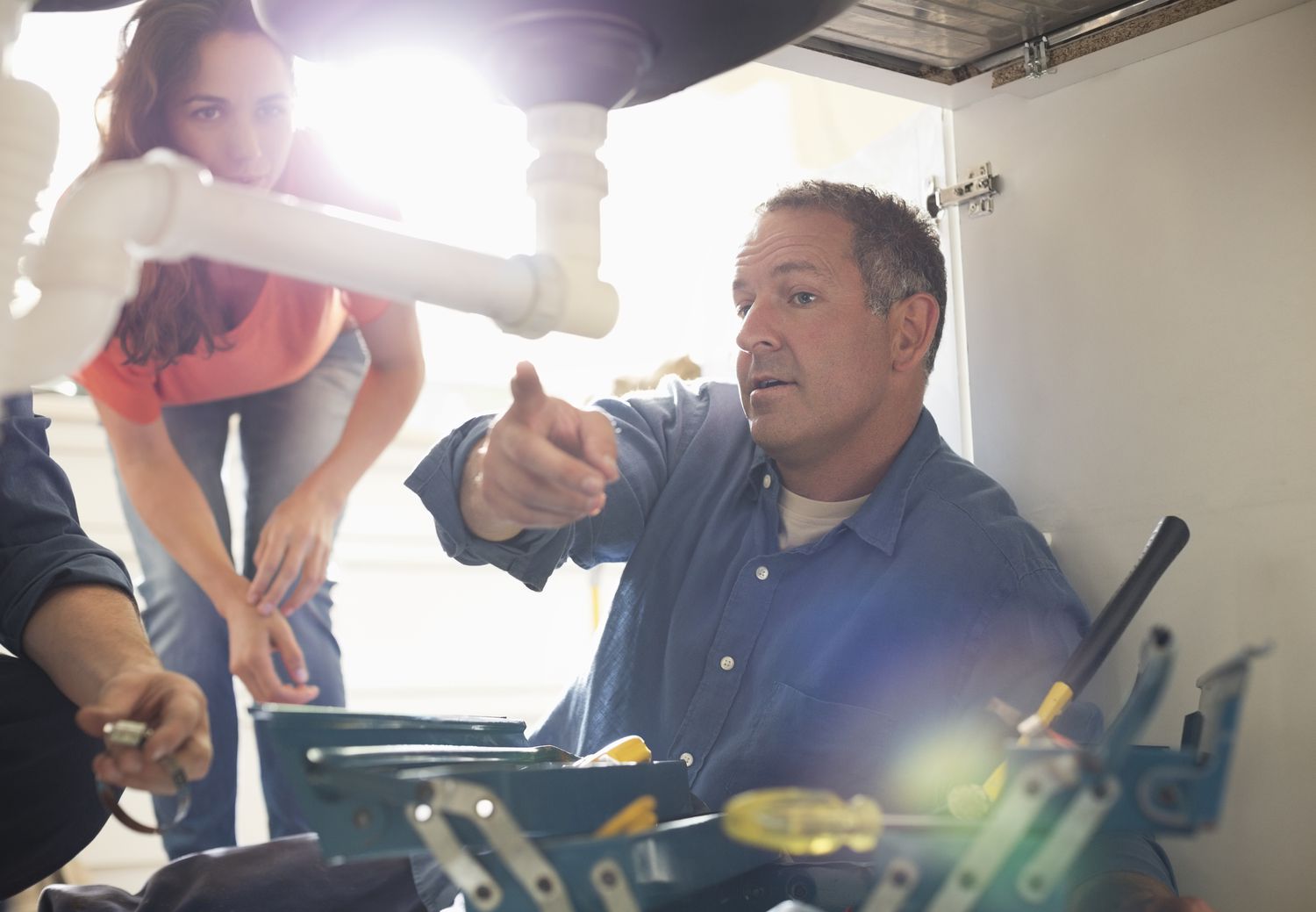



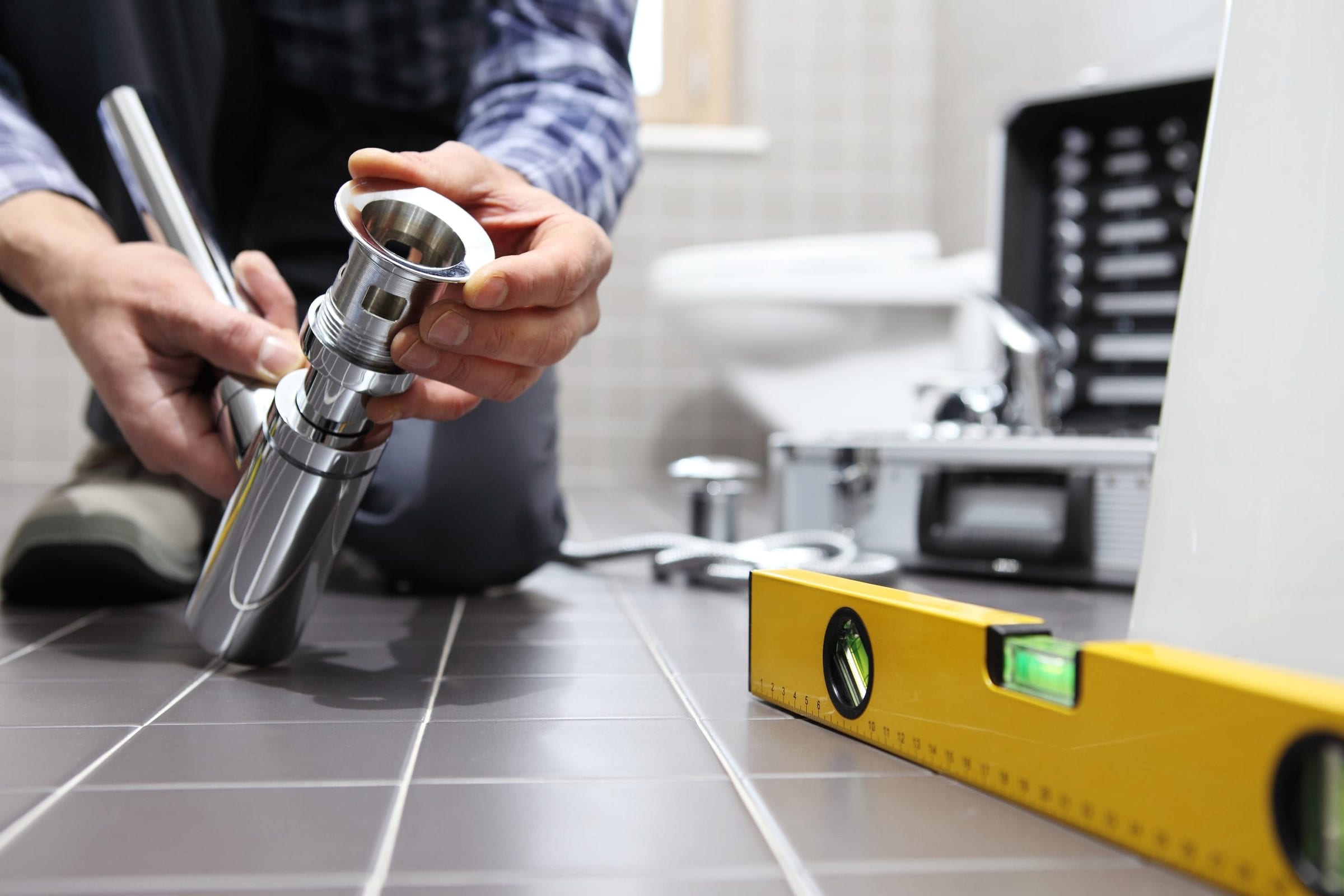
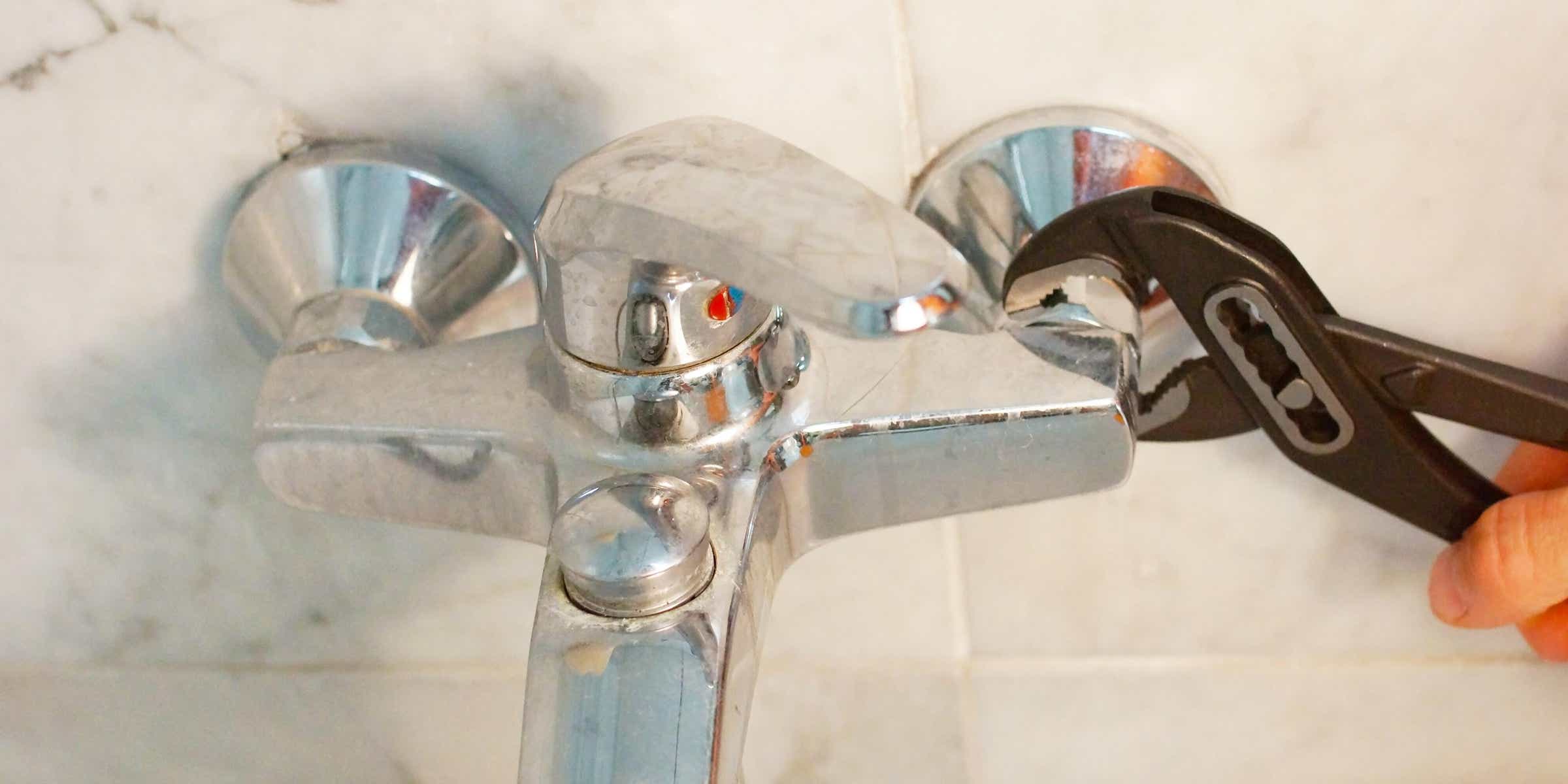
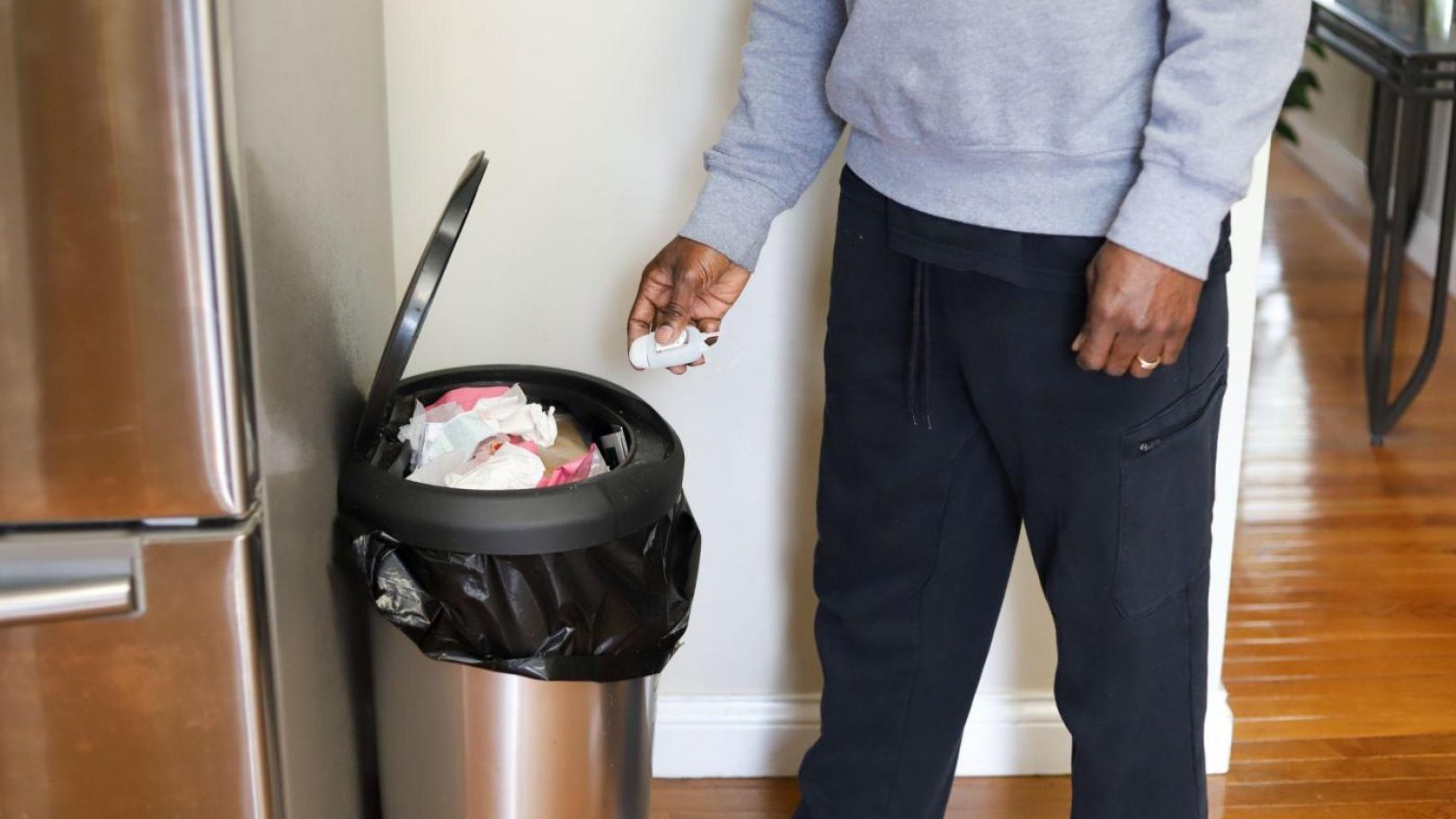

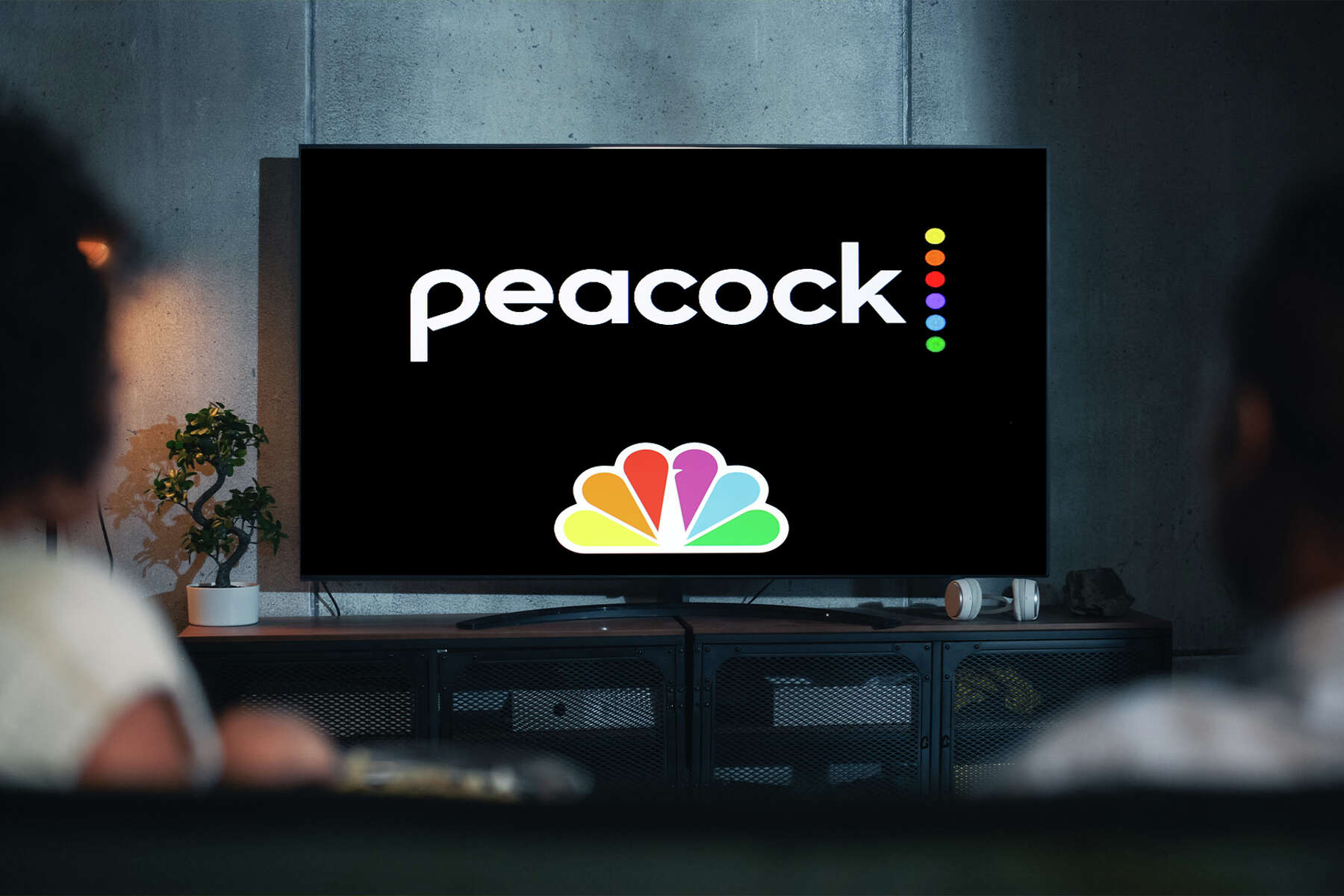

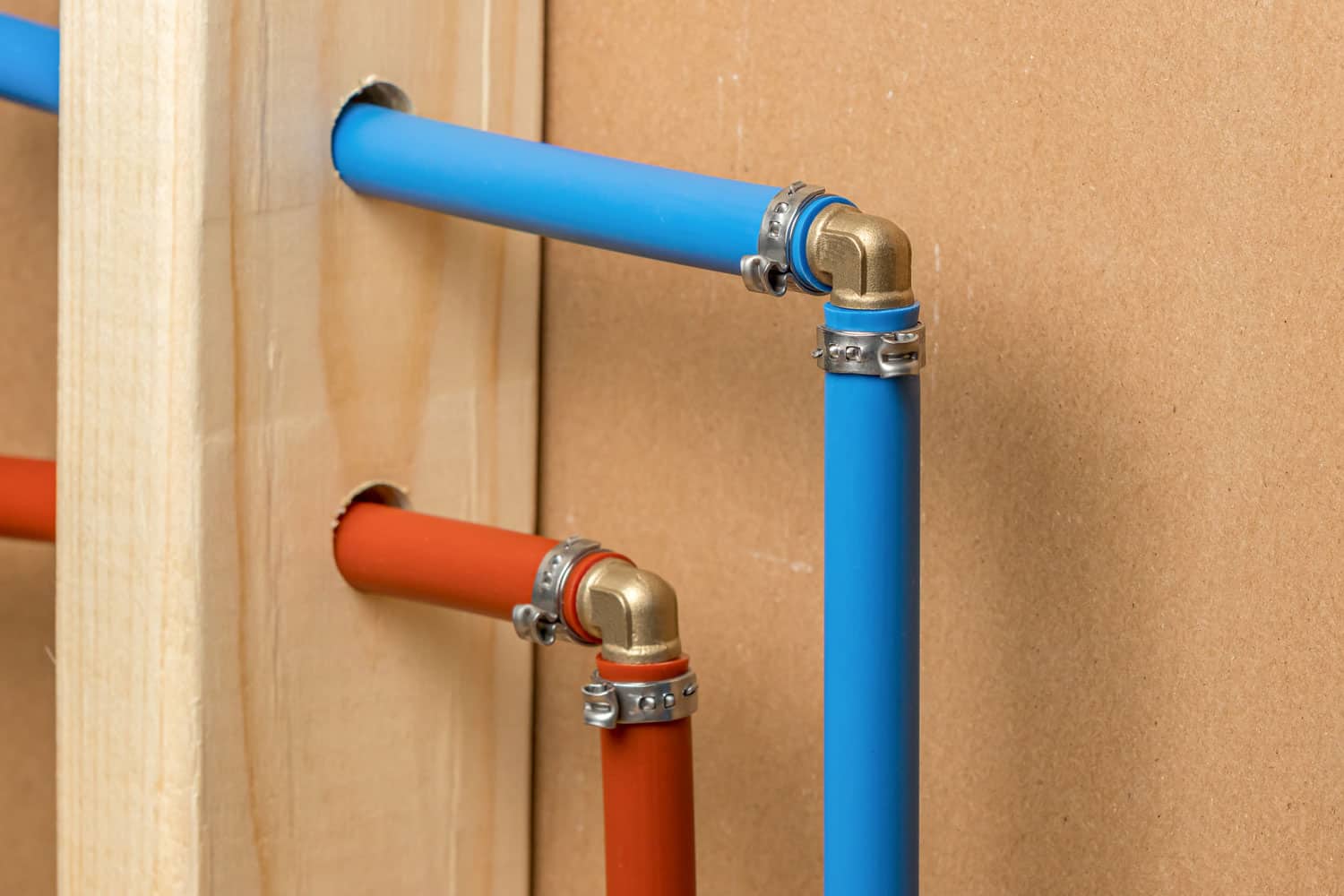
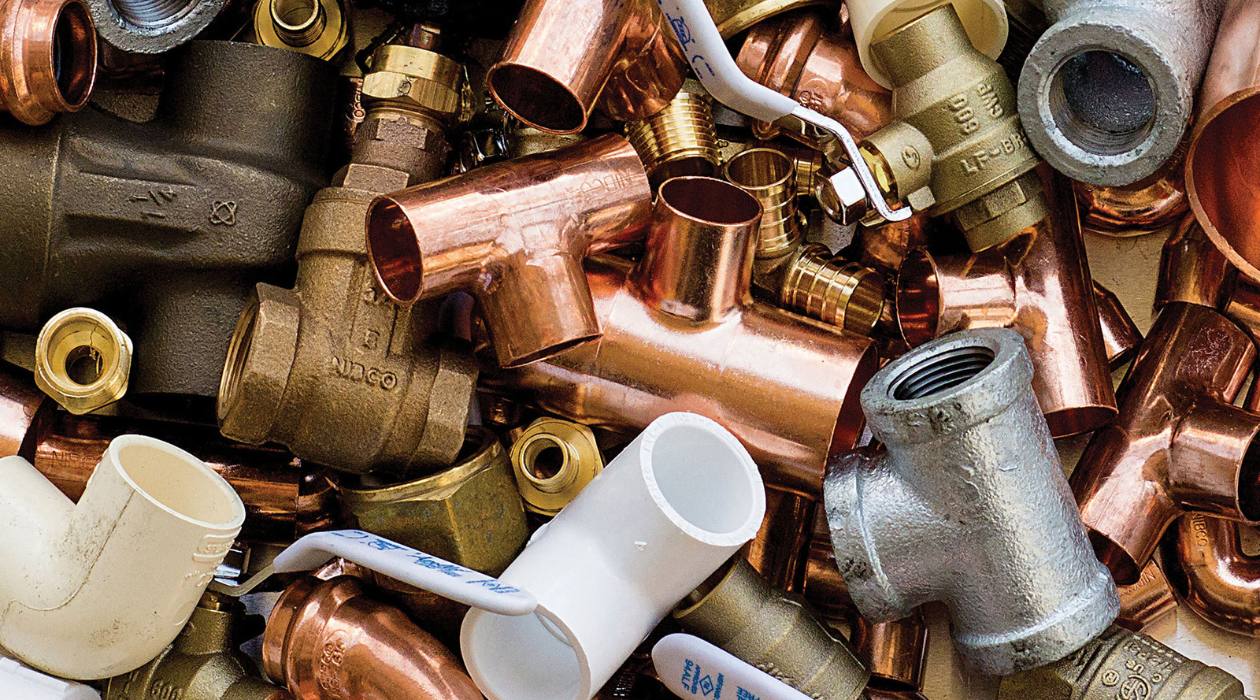
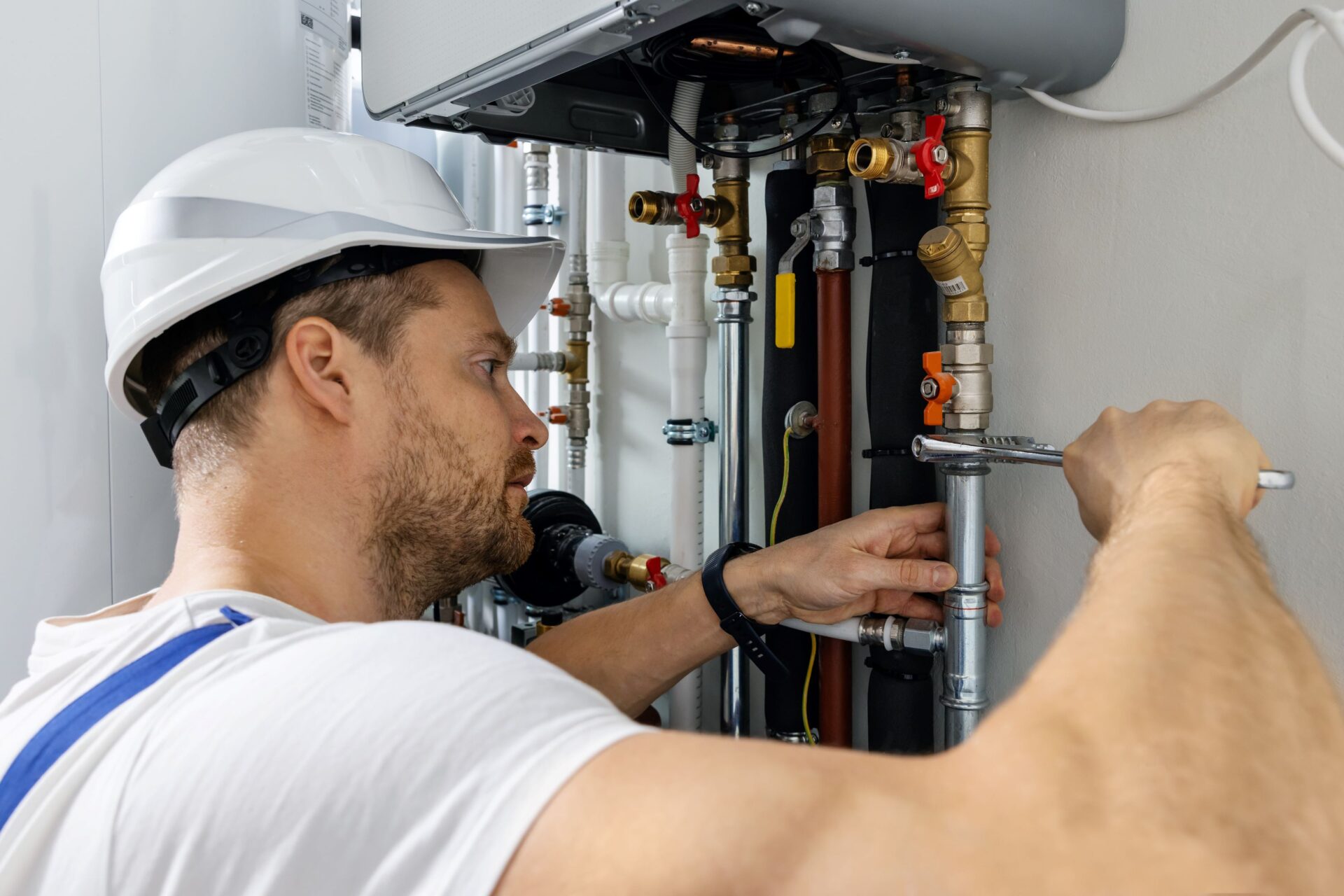
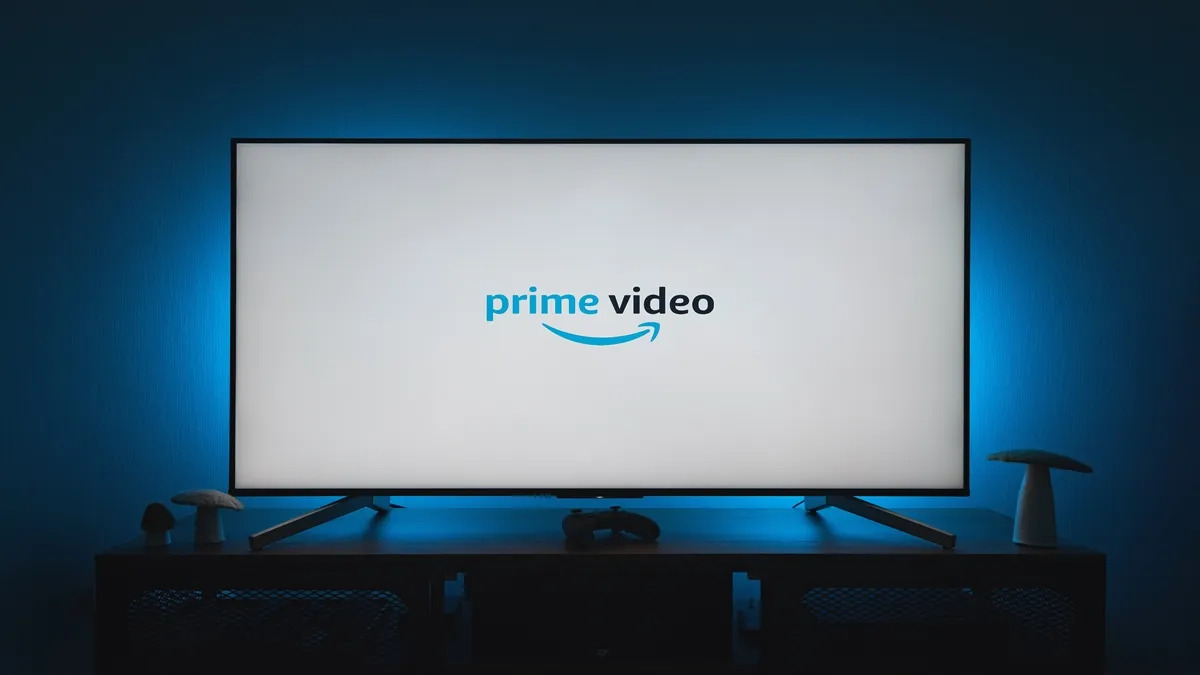

0 thoughts on “How Do I Get Into Plumbing”